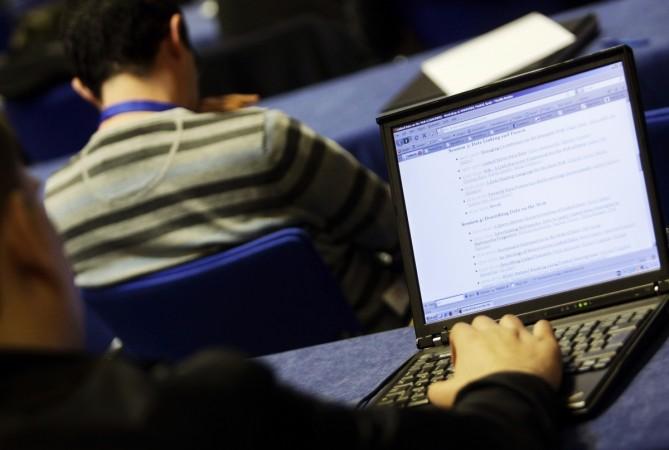
Net neutrality is the most debated policy issue in past two years. Finally the regulatory, Telecom Regulatory Authority of India (TRAI) is all set to send its recommendations on net neutrality to the government in a month time.
The regulator has completed the open house discussions held in three cities including Delhi on Wednesday, and has received views from various stakeholders since January after the consultation paper was issued, reported the Economic Times.
"All stakeholders are actively participating in this debate. I think TRAI should be able to give appropriate recommendation to the government which they have asked for," TRAI Chairman RS Sharma was quoted as saying by ET after the closing of the open-house discussions.
Speaking on timeline for the recommendations, the chairman said: "It should not take more than a month."
On Wednesday's event, content providers and pro-net-neutrality members said the regulator should to take a non-discriminatory approach to ensure neutral access for all, and telecom companies should focus on improving speed and services.
Proponent of net neutrality and the co-founder of Internet Freedom Foundation, Nikhil Pahwa, said: "The (permission-based) approach that telcos are suggesting is pure and simple extortion."
On the other hand, companies such as Airtel, Idea and Telenor said TRAI should take a principle-based approach rather than a narrow approach on the concept, according to the ET report.
"Economic opportunity should be given to telcos to monetise their investment into networks without violating principles," said Rajan Mathews, director general of Cellular Operators Association of India.
Before issuing the consultation paper, the authority had presented a pre-consultation paper in May 2016, in which it discussed issues like definition of net neutrality, scope of traffic management practices, importance of unrestricted access and transparency, need for preserving customer privacy and national security.
Earlier, the telecom watchdog had favoured net neutrality and said no internet service provider should charge differential pricing and that they would not be allowed to launch prohibited packs or plans or vouchers.









!['Had denied Housefull franchise as they wanted me to wear a bikini': Tia Bajpai on turning down bold scripts [Exclusive]](https://data1.ibtimes.co.in/en/full/806605/had-denied-housefull-franchise-they-wanted-me-wear-bikini-tia-bajpai-turning-down-bold.png?w=220&h=138)



